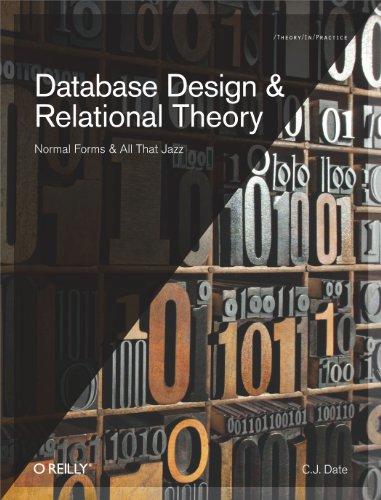Answered step by step
Verified Expert Solution
Question
1 Approved Answer
Please provide detailed step-by-step solutions! Will give thumb-up for a good answer. Thank you! 1. The conventional way of multiplying two n-by-n matrices requires O(n3)
 Please provide detailed step-by-step solutions! Will give thumb-up for a good answer. Thank you!
Please provide detailed step-by-step solutions! Will give thumb-up for a good answer. Thank you!
Step by Step Solution
There are 3 Steps involved in it
Step: 1

Get Instant Access to Expert-Tailored Solutions
See step-by-step solutions with expert insights and AI powered tools for academic success
Step: 2

Step: 3

Ace Your Homework with AI
Get the answers you need in no time with our AI-driven, step-by-step assistance
Get Started


